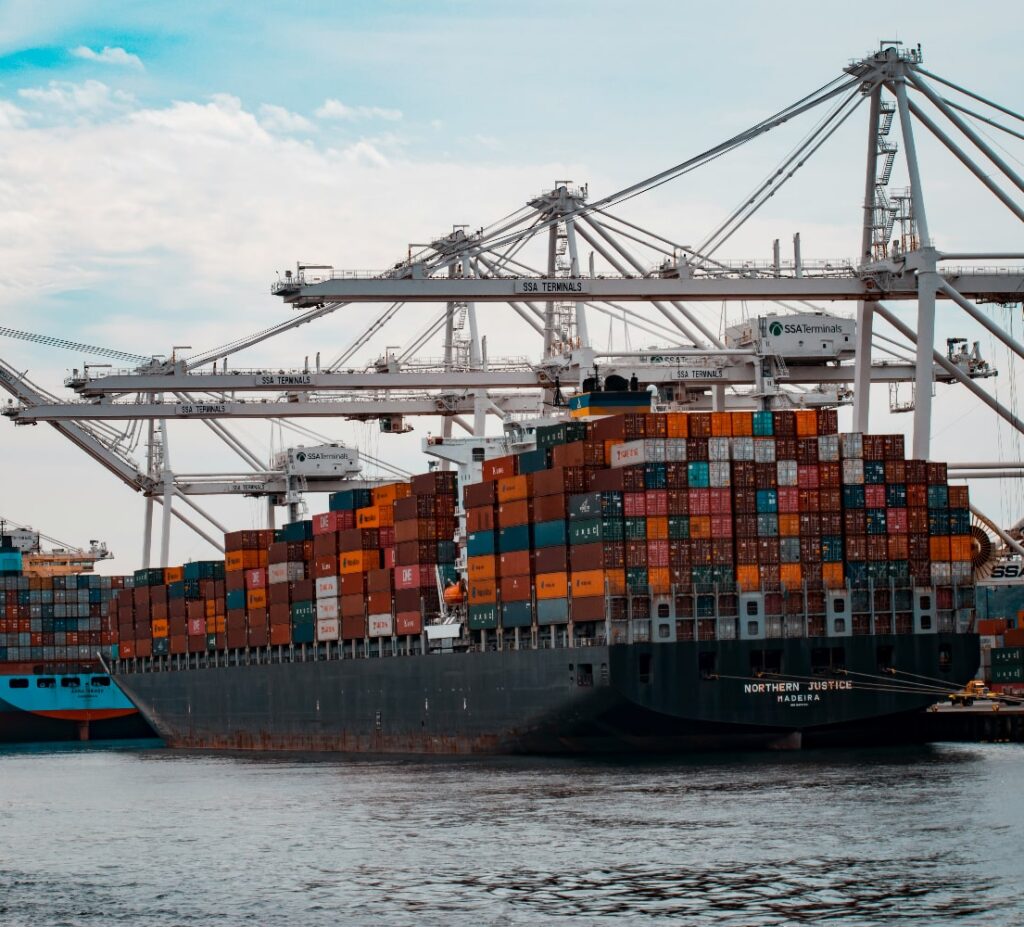Indonesia exports have ceased since October of 2024. Shipping will resume either in November or December.
Six Key Aspects of Indonesia’s New Kratom Regulations
1. Licensing and Registration: All kratom cultivators and exporters in Indonesia are now required to obtain official licenses and register with the government. This move is intended to ensure that only authorized and regulated entities are involved in the production and export of kratom. Currently, there are three main documents required for export:
- Eksportir Terdaftar (ET) / Registered Exporter – This document specifies the export quota for each company, allowing only 25% of the machinery capacity to be exported per month.
- Laporan Surveyor (LS) / Surveyor Report – This official document, issued by a government agent, ensures compliance with food safety standards by verifying alkaloid content, biological elements, and heavy metals. It typically takes 12 days to issue before each shipment.
- Persetujuan Ekspor (PE) / Export Approval – Once the ET and LS meet regulatory requirements, the PE is issued. At the moment, the trade ministry has not issued any PE documents, though they have stated that they will begin issuing them this month.
2. Sustainability and Environmental Impact: The Indonesian government is placing a strong emphasis on sustainable kratom cultivation practices. Farmers are required to adopt environmentally friendly methods to prevent deforestation and soil degradation. Additionally, there are restrictions on the areas where kratom can be grown, particularly in protected regions and rainforests.
3. Quality Control: The new regulations mandate stringent quality control measures. This includes testing kratom products for contaminants such as heavy metals, microbial impurities and pesticides. Only kratom that meets the required standards can be exported.
4. Export Restrictions and Quotas: To regulate the amount of kratom being exported, the government has introduced export quotas. These quotas are intended to prevent over harvesting and ensure that the domestic supply is not compromised.
5. Traceability: The regulations include a traceability system to track kratom from cultivation to export. This system is designed to prevent illegal trade and ensure that all kratom exported from Indonesia is sourced from licensed and registered farms.
6. Penalties for Non-Compliance: The Indonesian government has established strict penalties for those who violate these regulations. Penalties include legal action to include fines and revocation of licenses.
The Indonesian government has established strict penalties for those who violate these regulations. Penalties can include fines, revocation of licenses, and legal action.

